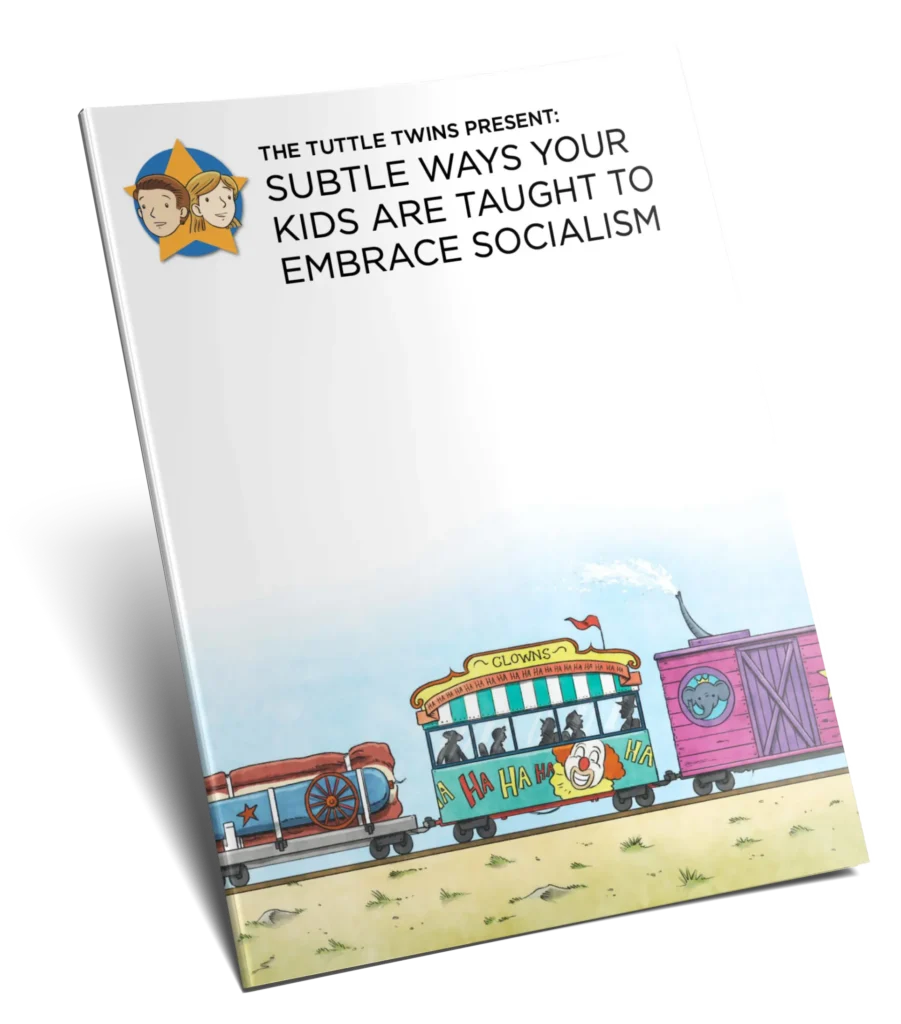
It’s getting pretty real folks.
Last week, I learned that the rewriters of history and those who would shape the world into something that a lot of us really won’t like have claimed another victim.
Roald Dahl, the beloved British novelist who gave us Matilda, James and the Giant Peach, The Witches, and The Fantastic Mr. Fox (to name only a few!) is no doubt rolling in his grave as excerpts from his works are making the rounds online with their new, woke-edited (for feelings, equity, and inclusivity—of course) versions presented alongside.
An example:
In Charlie and the Chocolate Factory, Augustus Gloop is now “enormous” instead of “fat”, while Oompa-Loompas are now “small people” instead of “small men”.
The list goes on and on, with no detail or description seemingly too inconsequential to escape the editor’s pen—as if anything that could possibly offend a subset of a subset of a minority had to be searched out and banished from the annals of fiction history.
This isn’t the first time, of course, that familiar stories have been changed in order to make them “safer” for mass consumption by an intellectually fragile populace.
I remember a few years ago when Lilo and Stitch was brought to Disney Plus and millennials took to social media to voice their feelings of betrayal after a scene had been totally recreated in order to (apparently) keep kids safe from playing in the dryer.
Should kids play in dryers? No… probably not.
Should entire scenes of films be rewritten because some (probably childless) busybody at Disney sees their movie as more influential in a child’s life than their parent?
Also no.
What an utterly boring and dismal world we would live in if everything depicted in novels and film was edited and sterilized to remove anything dangerous or potentially offensive.
And yet that seems to be exactly the world we are going to end up in if these rewriters have their way.
It’s not that I love dangerous depictions of kids doing dumb things, or that I want to cling to language and ideas that are offensive to our modern sensibilities. I actually think it’s good to look at the way we’ve always done things, and check them against what we now know to be right.
One of the reasons I wrote The Tuttle Twins Guide to Beware Your Bias was for exactly this reason.
It is good to develop a more empathetic view of people different than you. It’s good to consider changing the words you use, or the views you hold to avoid causing discomfort, harm, or offense to others.
But it’s also good to be faced with things that make us uncomfortable—even things that offend! How else can a person build their own belief system and values if they are never exposed to ideas that force them to decide how they feel about something?
How could I know that Karl Marx was wrong if I never read him and compared what he taught against what I knew to be good and right? I would never want his work erased because it is vital to showing that his bad ideas have already been tried, and that they brought about untold human suffering and death.
Some of the best teaching moments I’ve had with my kids have been when we read or saw something that went against our beliefs, or that was dangerous, and I had the chance to teach them, right then, why it was wrong or dangerous, and present them with a better way of seeing or doing.
There’s a war on for the minds of our kids. We all know it. But there’s also a war on for our history, and our humanity. There are powerful people making changes in real-time that paint an inaccurate picture of who we are, where we came from, and why the world looks the way it does now.

There’s a phrase, damnatio memoriae, which means, “to condemn from memory”. It has been employed for thousands of years to erase or remove things that happened that historians or storytellers prefer hadn’t happened. Examples of damnatio memoriae date all the way back to ancient Mesopotamia when stone inscriptions were literally chiseled off to remove accounts of events or mentions of unsavory characters.
It turns out people in power haven’t really changed all that much.
But the fact that there have always been people who would rewrite history, or edit events or characters out of stories (or photos!) doesn’t mean we have to just accept it.
I promised myself a long time ago that in all my work, I would always tell the truth—even if the truth was sometimes ugly or hard.
I think I’ve kept that promise, and I’m proud we’re able to offer books, curriculum, and entertainment in the form of graphic novels, a magazine, and a tv show to help parents teach their kids the truth about the world around them, and the real people and events that brought us to where we are today—the good, the bad, and the ugly!
Speaking of, today is the last day to subscribe to our monthly magazine, Tuttle Times, if you want to get next month’s edition!
Also worthy of note is that our top-selling graphic novels are finally back in stock. Catch them while you can, because these things sell out fast! Did I mention they’re on sale?!
I don’t know what the future holds, but I know that in an age of digital “reformatting” and agenda-driven editors, home libraries and physical copies of books and media that are meaningful to us seem pretty important to me.
I know I’m building my own damnatio memoriae-proof collections, and I’m grateful that you’ve chosen to make the Tuttle Twins books are part of yours.
Thanks for trusting us!
— Connor



